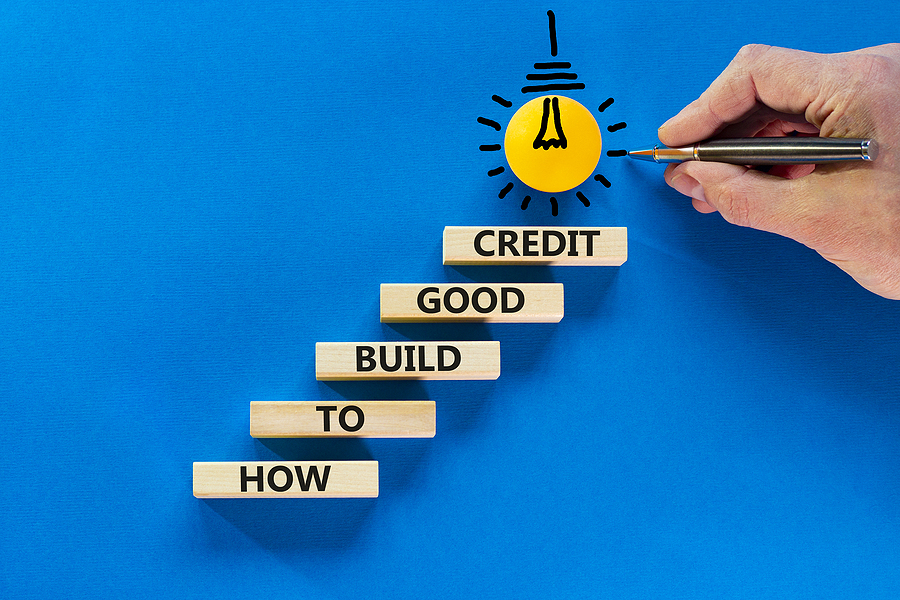Credit cards certainly can make life easier – they are simple to use, accepted almost everywhere, and help you to buy what you want, when you want, particularly online. So much so that living close to, (or often beyond), the credit limit has become the norm for many people and spending can quickly get out of hand. Particularly as interest rates are on the rise, it’s important to stop and consider whether your purchases are wants or needs and adjust your spending accordingly.
To make sure your credit card works in your best interests, use these tips to help stay on top of your debt.
1. Routine is key
We all know how easy it is to let things get away from us. Just like that power bill sitting lost amidst the promotional emails in your inbox or “accidentally” bingeing an entire Netflix season while the laundry piles up, we tend to postpone boring, albeit important, tasks. Create a routine, and you’ll complete these mundane jobs simply out of habit.
It can be as easy as setting a monthly reminder in your calendar to check that your credit card payments are up to date. Paying your credit card balance off in full each month too will help you avoid pesky interest fees. It will also help you avoid any late fees!
2. Make use of technology
If organisation skills are not your forte, why not take advantage of the many apps and services designed to help? ‘Mint’ is one of the many useful apps available that will organise your spending into categories, helping you ensure there is always cash to go towards your credit card repayments. Many banks also provide this through their online portal or apps.
Making use of automatic payments in your banking app can also be helpful. Payments will be made on time and best of all, once set up, you don’t have to lift a finger!
3. Cash advances cost more
When money is tight, people are forced to use their cards for cash advances (withdrawing cash) instead of just purchasing goods and services. In doing so, you pay a high price for the privilege.
Interest is charged immediately on a cash advance and at a higher rate than on purchases. Even if you have an interest-free card, you will immediately start paying interest as soon as you withdraw cash using your card. If you must use your card for a cash advance, repay it as quickly as possible.
4. Emergency funds will save the day!
You’ve probably heard about the importance of emergency funds, and with good reason! If we’ve learnt anything over the course of the COVID-19 pandemic it’s just how quickly things can change financially So, whether it’s anincrease in the cost of living or a rise in interest rates, it is vital to have a bit of spare cash handy.
A good place to start is with an emergency fund calculator1. It will consider your income, savings, and living expenses, and provide an estimate of how much spare cash you should be saving for a rainy day.
Realistically, many of us couldn’t get by without our credit cards, but we must use them in a way that only provides a benefit to our lifestyle. The secret to credit card success — be mindful of your purchases and pay the full balance off every month; otherwise, the only winners are the banks.
The information contained in this article is general information only. It is not intended to be a recommendation, offer, advice or invitation to purchase, sell or otherwise deal in securities or other investments. Before making any decision in respect to a financial product, you should seek advice from an appropriately qualified professional.
We believe that the information contained in this document is accurate. However, we are not specifically licensed to provide tax or legal advice and any information that may relate to you should be confirmed with your tax or legal adviser.
________________________




